The loss of provincial Liberal parties is a striking indication of how toxic Justin Trudeau's brand has become
Published Sep 05, 2024 • Last updated 0 minutes ago • 5 minute read

If I were into conjuring, my next act would be something along the line of “The Amazing Disappearing Liberal Parties of Canada.” I’d have a cape. And an attractive assistant with leggy legs. And sound effects to distract the yokels. “Ladeees and gentlemen … watch carefully as one of Canada’s oldest parties disappears before your very eyes!”
I’m joking. Besides, the ebbing of the party of Wilfrid Laurier, William Lyon Mackenzie King and Lester B. Pearson hasn’t really been like that. No burst of flames and … poof! It’s gone! It’s been more a slow fade into the background, like the Cheshire cat, minus the smile, of course. Instead, perhaps, a pair of eyebrows set in perplexity.
Advertisement 2
THIS CONTENT IS RESERVED FOR SUBSCRIBERS
Enjoy the latest local, national and international news.
- Exclusive articles by Conrad Black, Barbara Kay and others. Plus, special edition NP Platformed and First Reading newsletters and virtual events.
- Unlimited online access to National Post and 15 news sites with one account.
- National Post ePaper, an electronic replica of the print edition to view on any device, share and comment on.
- Daily puzzles including the New York Times Crossword.
- Support local journalism.
SUBSCRIBE FOR MORE ARTICLES
Enjoy the latest local, national and international news.
- Exclusive articles by Conrad Black, Barbara Kay and others. Plus, special edition NP Platformed and First Reading newsletters and virtual events.
- Unlimited online access to National Post and 15 news sites with one account.
- National Post ePaper, an electronic replica of the print edition to view on any device, share and comment on.
- Daily puzzles including the New York Times Crossword.
- Support local journalism.
REGISTER / SIGN IN TO UNLOCK MORE ARTICLES
Create an account or sign in to continue with your reading experience.
- Access articles from across Canada with one account.
- Share your thoughts and join the conversation in the comments.
- Enjoy additional articles per month.
- Get email updates from your favourite authors.
Article content
As in, how on earth did this happen? A good starting point might be the moment liberals became embarrassed about being identified as “liberals.” If memory serves, the blame lies with the United States, where conservatives had great success in attaching the term to the sort of people Americans still consider just slightly off-kilter, like Bernie Sanders and Elizabeth Warren; figures willing to openly suggest there might actually be redeeming ideas in the whole concept of socialism, rather than condemning it as the work of the devil.
So effective was the strategy that liberals began discovering they weren’t liberals at all, but were really “progressives.” It’s a highly appropriate reflection of the sort of people who adopt it, satisfied in the conviction that anyone who isn’t “progressive” must be against progress, and only people who agree with them can be accepted as progressive.
These days, if you start at the Pacific and wend your way eastward, it’s not until you approach the outskirts of Toronto that you start to bump into any significant collection of progressives who are willing to self-identify as “Liberals.”
By signing up you consent to receive the above newsletter from Postmedia Network Inc.
Article content
Advertisement 3
Article content
British Columbia pounded the last spike into the western end of the decline when B.C. United, a former Liberal party that dare not speak its name, simply evaporated on Aug. 28, at the behest of its leader, Kevin Falcon. The Great Falconi. A verbal wave of the wand and it was gone. Instead, his B.C. Unitees were freed to join other parties, particularly the rival Conservatives, just weeks before an election is due.
There are, of course, no Liberals in Alberta’s legislature. There seldom are. The last time the provincial party held a leadership contest, it was cancelled due to a lack of candidates. It’s a similar story next door in Saskatchewan, where Liberals ran just three candidates in the 2020 election, and drew precisely 355 votes. The name has since been changed to the Saskatchewan Progress Party. Manitoba has one sitting Liberal, who also became the interim leader when she was the only party candidate to win a seat in 2023.
Things brighten slightly in Ontario, if you can call nine seats in a 124-seat legislature bright. The Ontario party has a new leader, is working on a new logo and is doing somewhat better in the polls, but still lacks official party status and — two majorities since it was evicted from office — still trails the governing Conservatives by a wide margin.
Advertisement 4
Article content
Quebec’s provincial party is in such sad shape, it still hasn’t got a full-time leader two years after losing the last election and is busy trying to lure away one or another of the remaining Trudeau cabinet members it thinks still might have some drawing power.
Across Atlantic Canada, Liberal electees all occupy opposition benches, except in Newfoundland and Labrador, the only jewel left in the crown, where Premier Andrew Furey’s party is neck-and-neck with the Conservatives, with an election due next year.
The big megillah in all this, of course, is the federal party, which remains in office solely because Prime Minister Justin Trudeau has ignored suggestions he either step aside or call an election. Trudeau’s team can hang on for another year before being forced to the polls as long as NDP Leader Jagmeet Singh agrees to let them do so. Which isn’t guaranteed, especially now that he’s dropped out of the confidence-and-supply agreement with the Liberals.
Provincial parties of every stripe face a difficult balancing act, hoping to benefit from a tailwind when their federal cousins are popular, while evading blame when they’re not. Yet Liberals have had a tougher time managing relations: most provinces still have a viable Conservative or NDP presence, even if, as in any family, relations can get frosty.
Advertisement 5
Article content
Only the Liberals appear to suffer from permafrost, with provincial affiliates weighed down by a Liberal brand over which they have no control, federal operatives who pay them scant attention and policies that might smell fine in Ottawa but take on a distinct odour with distance.
Newfoundland’s Furey reflected that reality when he blamed Trudeau’s imposition of a federal carbon tax for an April byelection loss, noting that, “The prime minister has tried to bait me at times with certain ad hominems and name-calling” over his questioning of the tax. “It’s not right for the people of the province right now … I wish the prime minister would understand that.”
Ontario Liberal Leader Bonnie Crombie has also sought to distance herself from the tax and from Trudeau himself, though she happily posed for photo-ops as mayor of Mississauga before she became leader. “The (Ontario) brand is myself and the team I have around me,” she now says, telling reporters, “A carbon tax will not be part of my plan.”
It would not be a total shock if more Liberal affiliates, where they still exist, re-emerged as “Progressives” in name as well as self-identification. It’s an honest enough name, and has historical roots dating to farm movements in the 1920s, when they were viewed as “Liberals in a hurry.”
There’s nothing wrong with being in a hurry. It suggests the presence of energy, of ideas, of drive. It would take more than a bit of conjuring to detect much of that in the tired party that’s been ensconced in power in Ottawa for nine years.
National Post
Recommended from Editorial
Article content
.png)
 2 weeks ago
20
2 weeks ago
20


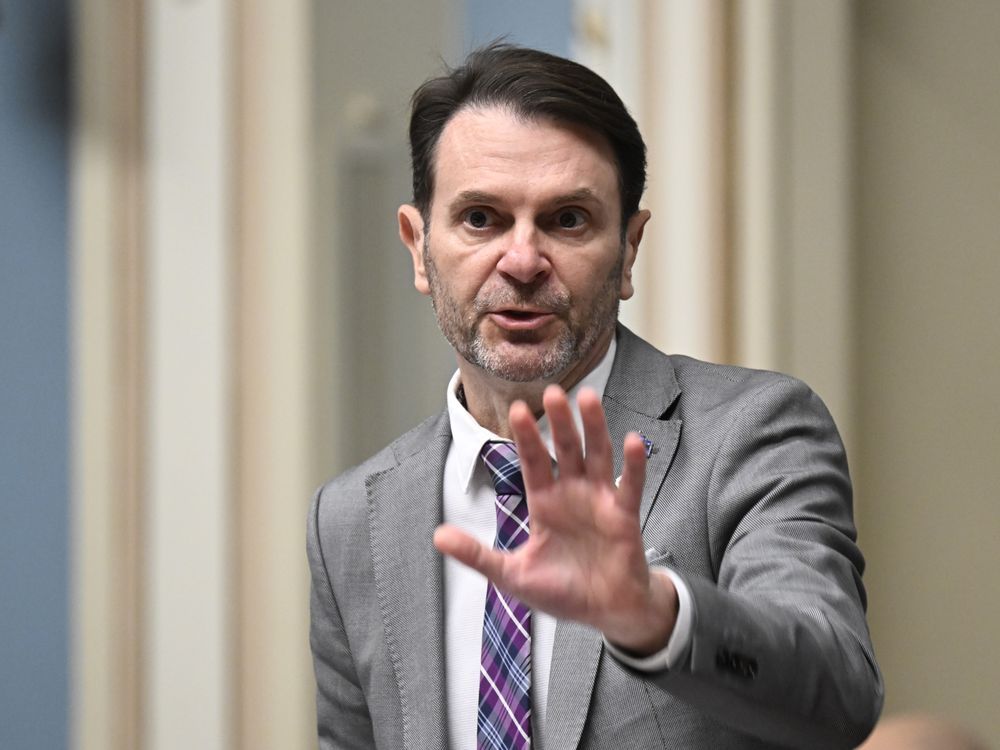



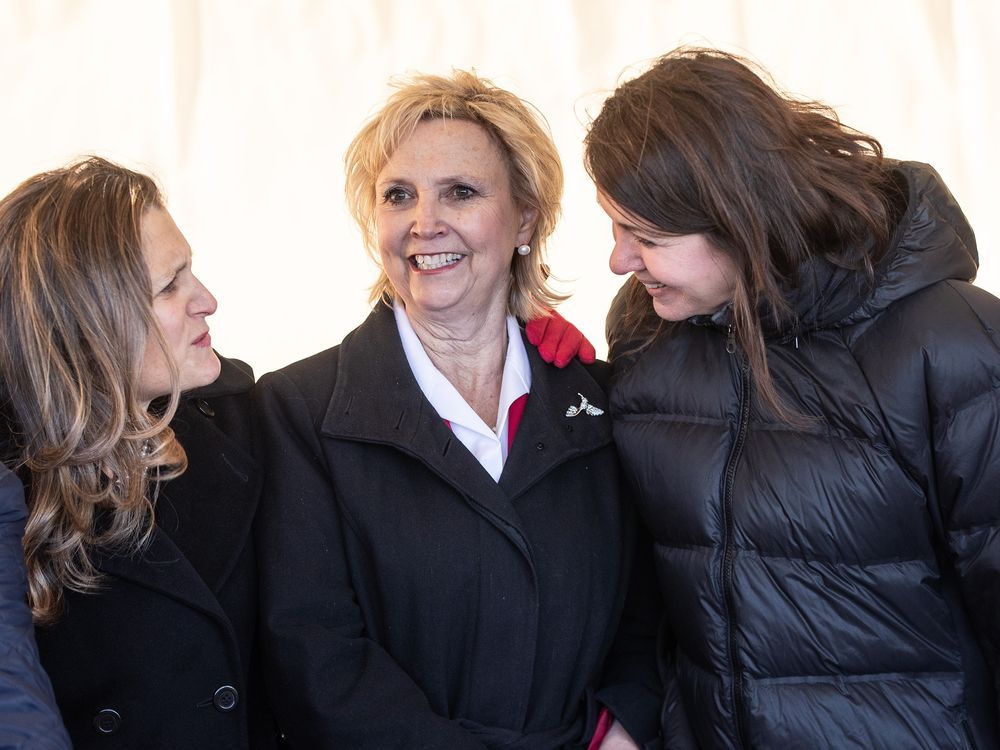



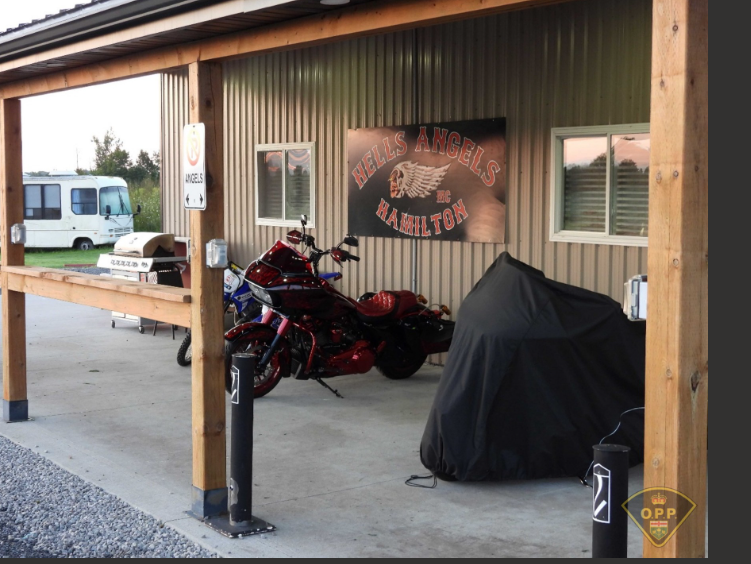
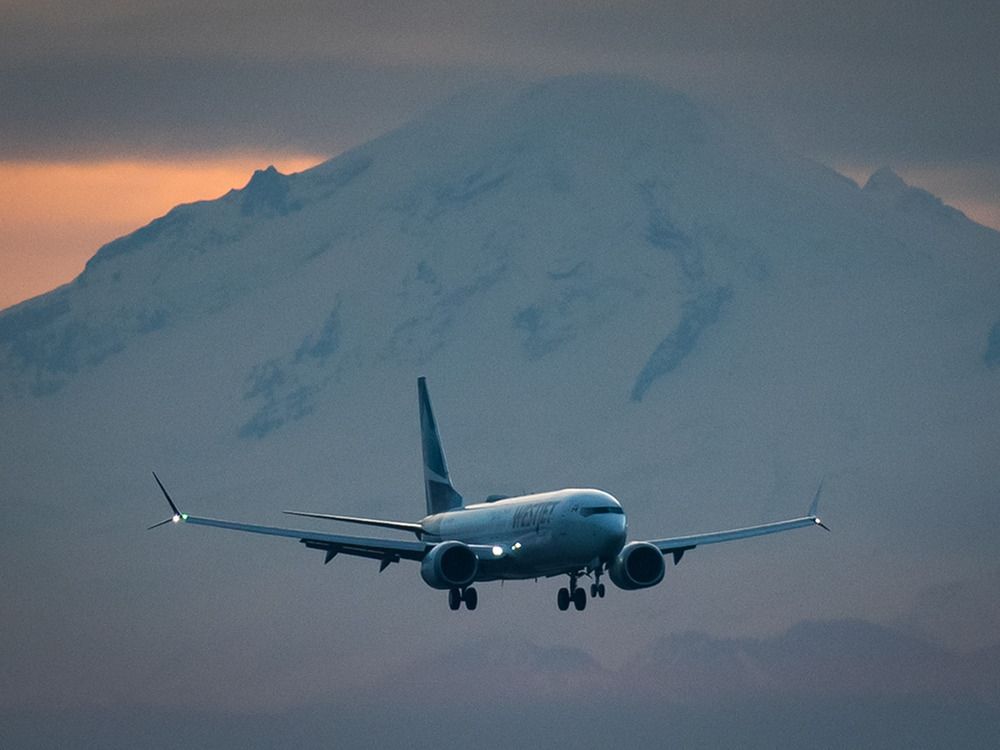



















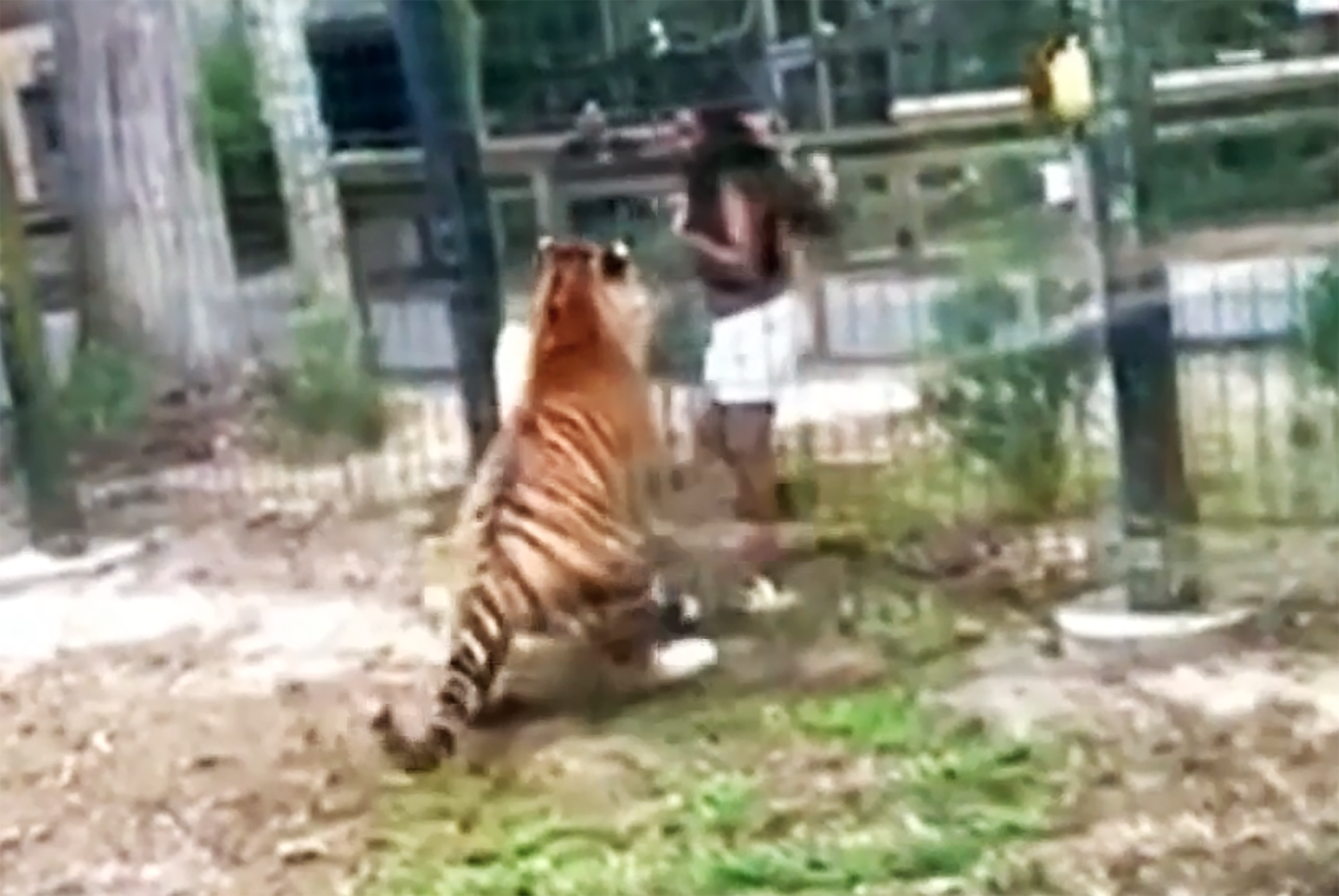


 Bengali (BD) ·
Bengali (BD) ·  English (US) ·
English (US) ·